The Best Off Grid Sewage Systems: Features, Benefits, and Installation
Living off the grid can be a rewarding experience, but it comes with its own set of challenges, especially when it comes to managing sewage. Off grid sewage systems are vital for maintaining hygiene and protecting the environment in remote areas. These systems not only provide a way to handle waste but also contribute to a more sustainable lifestyle. In this article, we’ll explore the various types of off grid sewage systems, their benefits, the challenges they face, and the innovative technologies making waves in the field.
Key Takeaways for Off Grid Sewage Systems
- Off grid sewage systems are essential for sanitation in remote living.
- Various treatment options include septic systems, composting toilets, and greywater systems.
- Innovative technologies like biogas systems and constructed wetlands are leading the way in sustainable waste management.
- Challenges such as limited resources and regulatory compliance must be addressed for effective sewage management.
- The environmental benefits of off grid sewage systems include reduced carbon footprints and ecosystem preservation.
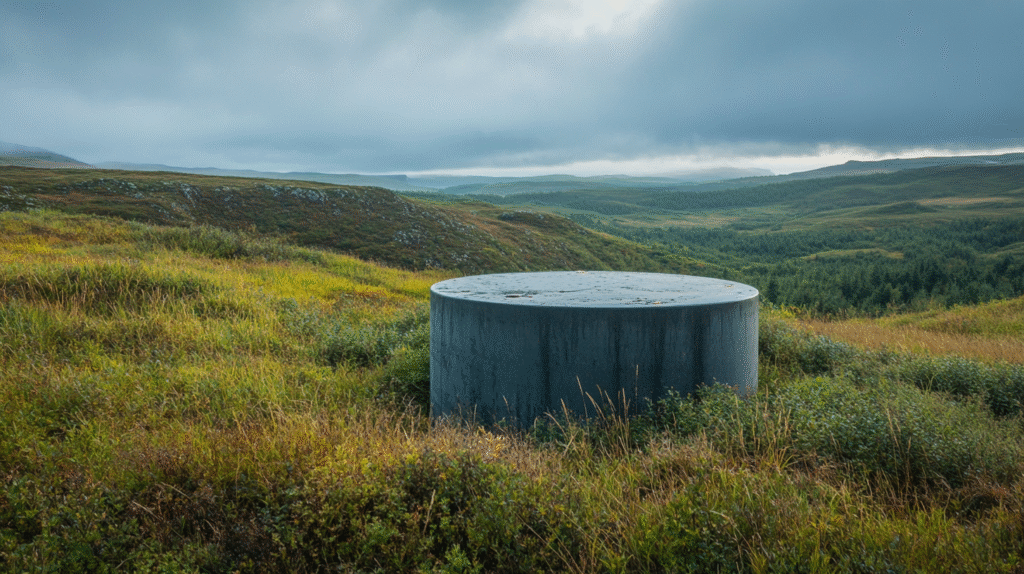
Understanding Off Grid Sewage Systems
Definition and Importance
Okay, so what is an off-grid sewage system? Basically, it’s a wastewater treatment setup that isn’t connected to a public sewer system. These systems are super important for people living in rural areas or remote locations where connecting to the main sewer line just isn’t an option. Think about cabins in the woods, farms way out in the country, or even tiny house communities. These systems let people live comfortably without relying on city infrastructure. They also help protect the environment by treating wastewater properly on-site.
Key Components of Off Grid Sewage Systems
Off-grid sewage systems can be pretty diverse, but they usually have a few key parts:
- A way to collect wastewater from your house (toilets, sinks, showers, etc.).
- Some kind of treatment tank or unit where the wastewater is partially cleaned. Underground wastewater treatment systems are a common solution.
- A drain field or leach field where the treated water is safely released into the ground.
- Sometimes, there are extra filters or treatment steps to make the water even cleaner.
Different systems use different technologies, but those are the basics.
Benefits of Off Grid Solutions
There are some pretty cool reasons to go with an off-grid sewage system. Here are a few:
- Independence: You’re not relying on the city for sewage treatment, which means you have more control over your own waste management.
- Cost Savings: In the long run, it can be cheaper than paying monthly sewer bills, especially if you’re far from the city.
- Environmental Friendliness: Many off-grid systems are designed to be eco-friendly, reducing pollution and conserving water.
Living off-grid often means embracing a more sustainable lifestyle. Off-grid sewage systems fit right into that picture by minimizing environmental impact and promoting responsible resource use. It’s all about taking care of the planet while taking care of your own needs.
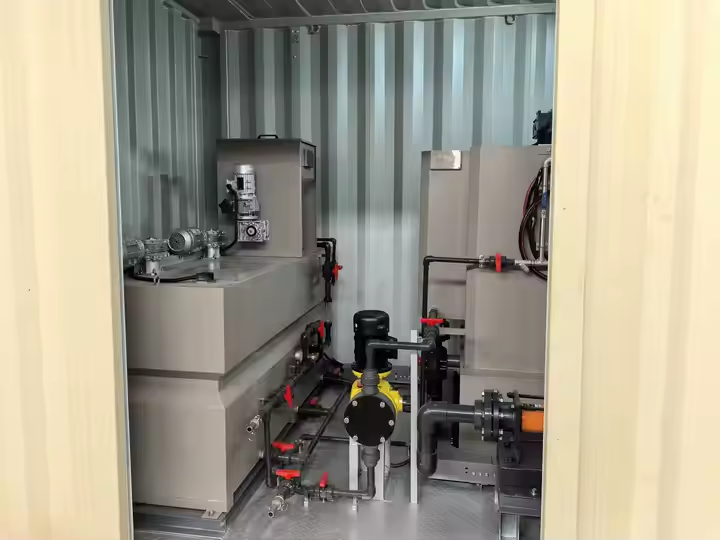
Challenges of Managing Off Grid Sewage Wastewater
Limited Resources
Living off-grid often means working with less. When it comes to sewage, this can be a real headache. Creating a sewage system that’s both effective and doesn’t guzzle resources is tough. Think about it: you’re trying to treat waste without the luxury of unlimited water or power. One way around this is to look at systems that barely use any water at all. Even better if the system gives you something back, like soil you can use in your garden. An incinerator toilet could be a good solution for off-grid living.
Regulatory Compliance
Just because you’re off-grid doesn’t mean you’re off the hook with regulations. You still have to play by the rules. Your sewage system needs to do its job without messing up the environment. That means keeping water sources clean, protecting the soil, and not creating a ton of waste. It’s a balancing act, making sure your system is effective and environmentally sound. You need to make sure your wastewater treatment system is up to par.
Lack of Infrastructure
Traditional sewage systems rely on a whole network of pipes and treatment plants. But off-grid, you’re on your own. There’s no existing infrastructure to tap into. This means you need a completely self-sufficient system that can handle everything on its own. Designing an effective off-grid composting toilet solution can be tricky, but it’s essential for managing waste properly.
Various Types of Off Grid Sewage Wastewater Treatment Solutions

Septic Systems
Septic systems are probably the most common off-grid solution. They use a tank to separate solids from liquids, and then a drain field to filter the wastewater. They’re relatively simple to install and maintain, but they do require a good amount of space and the soil has to drain well.
Composting Toilets
Composting toilets are a waterless option that turns waste into compost. They’re great for conserving water and reducing the amount of wastewater you have to deal with. You do have to manage the compost, but it can be used in your garden. These toilet systems are effective in managing waste and preserving the local ecosystem.
Greywater Systems
Greywater systems reuse water from sinks, showers, and washing machines for things like irrigation. This cuts down on water use and the amount of wastewater that needs treatment. You’ll need filters and pumps to make sure the water is safe for plants, but it’s a good way to reduce water consumption.
Living off-grid means you’re probably trying to reduce your impact, and greywater systems are a great way to do that. It’s all about using resources wisely and finding ways to minimize waste.
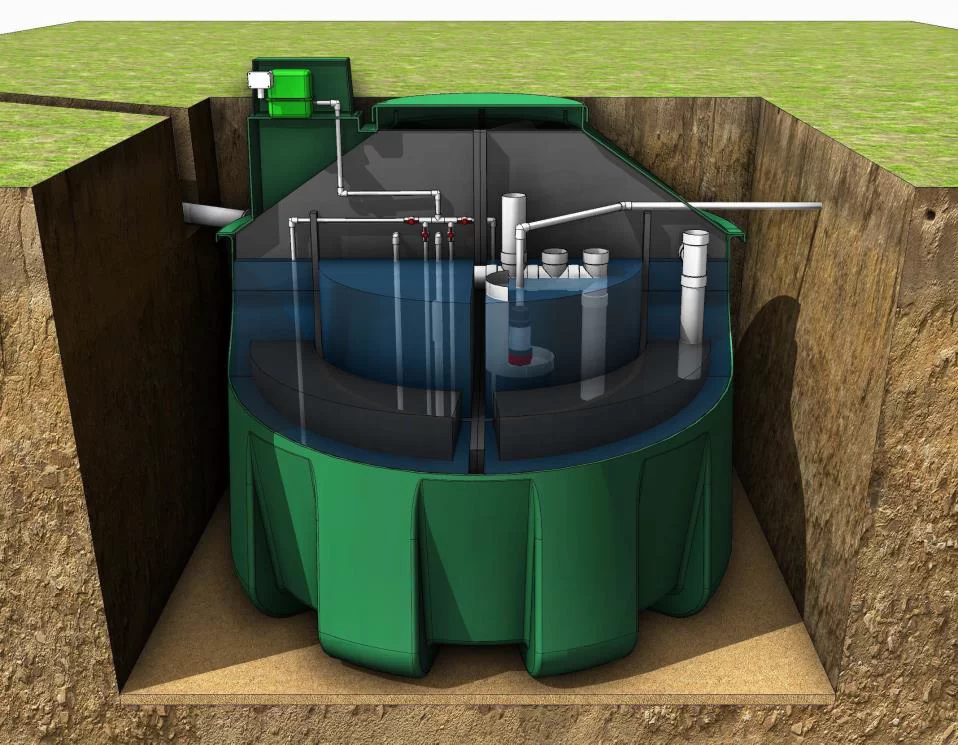
Innovative Technologies for Off Grid Wastewater Treatment
Biogas Systems
Biogas systems are gaining traction as a way to treat wastewater and generate energy simultaneously. Basically, these systems use anaerobic digestion to break down organic matter in the sewage, producing biogas (primarily methane) that can be used for cooking, heating, or even generating electricity. This dual benefit makes biogas systems a really attractive option for off-grid living. It’s like killing two birds with one stone – you’re dealing with your waste and getting some power out of it. The digestate left over after the process can even be used as fertilizer, closing the loop on waste management. It’s not a perfect system, but it’s a step in the right direction. For example, ECOJOHN’s incineration technology offers a modern approach to wastewater treatment.
Constructed Wetlands
Constructed wetlands are engineered systems designed to mimic the functions of natural wetlands. They use plants, soil, and microorganisms to filter and treat wastewater. The wastewater flows through the wetland, and the plants and microbes remove pollutants. These systems are relatively low-maintenance and can be aesthetically pleasing, blending into the natural landscape. They’re not as effective in cold climates, but in warmer regions, they can be a great option. Here are some benefits:
- Natural filtration process
- Low operational costs
- Habitat creation
Decentralized Treatment Options
Decentralized wastewater treatment involves treating wastewater at or near the source, rather than transporting it to a central treatment plant. This can include a range of technologies, from simple septic systems to more advanced package plants. The key advantage is that it reduces the need for extensive infrastructure, making it ideal for remote areas. Plus, it allows for more localized control and management of wastewater. It’s not a one-size-fits-all solution, but it offers flexibility and scalability. Decentralized systems are particularly useful where connecting to a main sewer line is not feasible or cost-effective. It’s all about finding the right fit for your specific needs and location.
Decentralized treatment options are becoming increasingly popular as people seek more sustainable and self-sufficient ways to manage their wastewater. These systems offer a way to reduce reliance on centralized infrastructure and promote more environmentally friendly practices.
Environmental Impact of Off Grid Sewage Systems
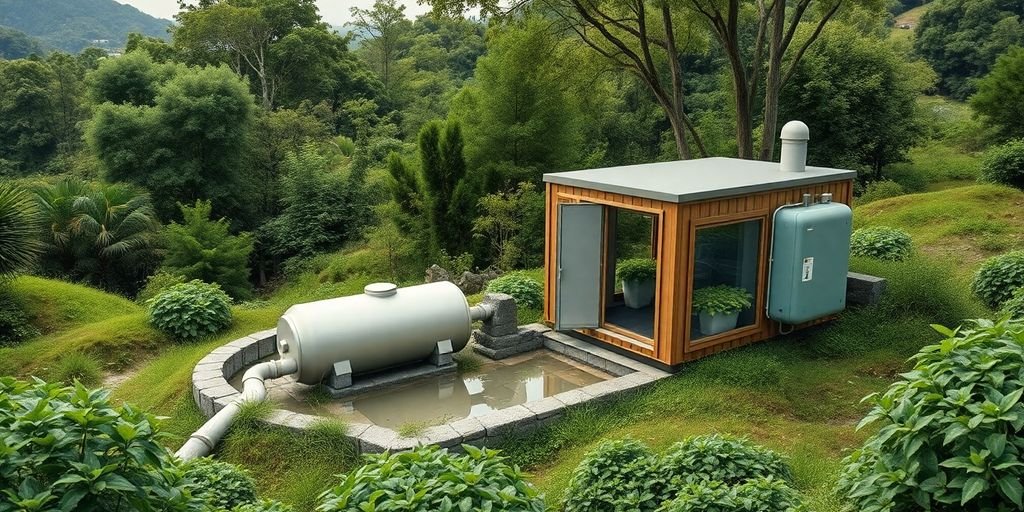
Reduced Carbon Footprint
Off-grid sewage systems can really cut down on your carbon footprint. Think about it: no need for big, energy-guzzling municipal treatment plants. Instead, you’re dealing with waste locally, often using natural processes. This means less energy consumption and fewer greenhouse gas emissions.
- Reduced transportation of sewage.
- Lower energy demand for treatment.
- Use of renewable energy sources like biogas.
Ecosystem Preservation
Properly managed off-grid systems are way better for the environment. They prevent untreated sewage from contaminating local water sources and harming wildlife. Plus, some systems, like constructed wetlands, actually create new habitats.
Off-grid systems, when designed and maintained correctly, can protect the surrounding ecosystem. They minimize the risk of pollution, preserve water quality, and support biodiversity. It’s all about working with nature, not against it.
Sustainable Practices
Off-grid sewage solutions often incorporate sustainable practices that promote resource conservation and environmental stewardship. For example, greywater recycling reduces water consumption, while composting toilets turn waste into valuable soil amendments. These systems are designed to be eco-friendly and resource-efficient.
Here’s a quick look at some sustainable practices:
- Water Conservation: Greywater reuse can significantly reduce water demand.
- Nutrient Recovery: Composting and biogas systems recover nutrients for beneficial use.
- Reduced Chemical Use: Natural treatment processes minimize the need for harsh chemicals.
By implementing these practices, off-grid systems contribute to a more sustainable and resilient future. It’s about finding ways to live in harmony with the environment, not at its expense. You can explore greywater systems for more information.
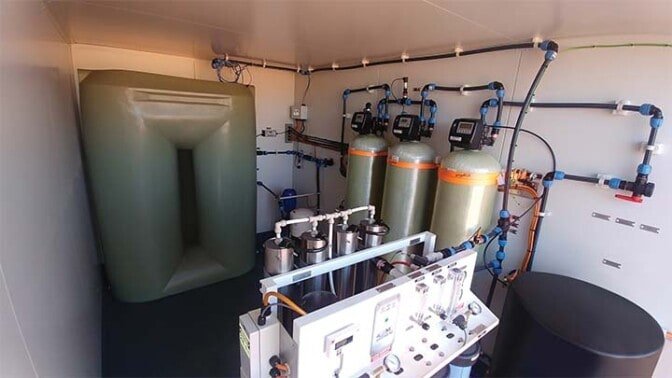
Maintenance and Management of Off Grid Sewage Systems
Routine Maintenance Practices
Okay, so you’ve got your off-grid sewage system up and running. Great! But don’t think you can just forget about it. Regular maintenance is key to keeping things flowing smoothly (pun intended!). Think of it like your car – you wouldn’t skip oil changes, right? Same deal here. For example, with a septic system, you’ll need to pump it out every few years, depending on usage. Composting toilets need regular bulking agent additions (like sawdust or peat moss) and occasional emptying. Greywater systems need filter cleaning to prevent clogs. Ignoring these tasks can lead to some seriously nasty (and expensive) problems down the road.
Here’s a quick rundown of common maintenance tasks:
- Septic Systems: Regular inspections, pumping every 3-5 years, avoid flushing non-biodegradable items.
- Composting Toilets: Add bulking agent after each use, monitor moisture levels, empty compost regularly.
- Greywater Systems: Clean filters monthly, inspect pumps, ensure proper drainage.
Troubleshooting Common Issues
Stuff happens. Clogs, odors, slow drainage – these are all common issues with off-grid sewage systems. The key is to catch them early and deal with them promptly. A clogged greywater system filter can cause backups, while a septic system with too much solid waste can lead to drain field failure. Knowing how to troubleshoot these problems yourself can save you time and money. For example, a plunger can often clear minor clogs. For more serious issues, you might need to call in a professional. But before you do, check the basics: Are all the pumps working? Are the filters clean? Is there any visible damage to the system?
Long-Term Sustainability Strategies
Off-grid living is all about sustainability, and your sewage system is no exception. To ensure your system lasts for the long haul, you need to think about more than just routine maintenance. Consider water conservation measures to reduce the load on your system. Use biodegradable soaps and cleaners to minimize the impact on the environment. And be mindful of what you flush or put down the drain. The goal is to create a system that not only works efficiently but also minimizes its environmental footprint. Think about the long-term costs, too. Investing in high-quality components and regular maintenance can save you money in the long run by preventing costly repairs or replacements. Also, consider the environmental impact of your choices. Choosing eco-friendly options, like composting toilets, can help reduce your carbon footprint and protect the environment.
Planning for the future is important. Consider the potential for increased water usage as your household grows. Think about how changes in regulations might affect your system. And be prepared to adapt your system as needed to ensure its continued sustainability.
Future Trends in Off Grid Sewage Solutions
Emerging Technologies
Off-grid sewage solutions are rapidly evolving. We’re seeing a lot of cool stuff on the horizon. Think about it: traditional septic systems are getting a serious upgrade. New tech focuses on efficiency and environmental friendliness. One exciting area is the development of advanced filtration systems that can remove even more contaminants from wastewater. These systems often use natural materials and processes, making them sustainable and cost-effective. Also, keep an eye out for smart systems that monitor wastewater quality in real-time, ensuring efficient waste processing and alerting homeowners to potential problems before they become major headaches.
Policy Changes and Support
Government policies and support programs are starting to catch up with the need for better off-grid sewage solutions. More and more, local and national governments are offering incentives for homeowners who install eco-friendly systems. This can include tax breaks, rebates, and grants. These policies not only make off-grid living more affordable but also encourage the adoption of sustainable practices.
Here’s a quick look at some potential policy changes:
- Standardized regulations for off-grid sewage systems.
- Increased funding for research and development of new technologies.
- Educational programs to raise awareness about the importance of proper wastewater management.
It’s important to stay informed about these changes, as they can significantly impact your options and responsibilities as an off-grid homeowner. Check with your local authorities to see what programs are available in your area.
Community-Based Approaches
Individual solutions are great, but community-based approaches to off-grid sewage treatment are gaining traction. Imagine small, decentralized treatment plants that serve a cluster of homes. These systems can be more efficient and cost-effective than individual setups. Plus, they allow for shared maintenance and management, reducing the burden on individual homeowners. These decentralized treatment options can foster a sense of community and promote sustainable living practices. They also make it easier to comply with environmental regulations, as the responsibility is shared among multiple households.
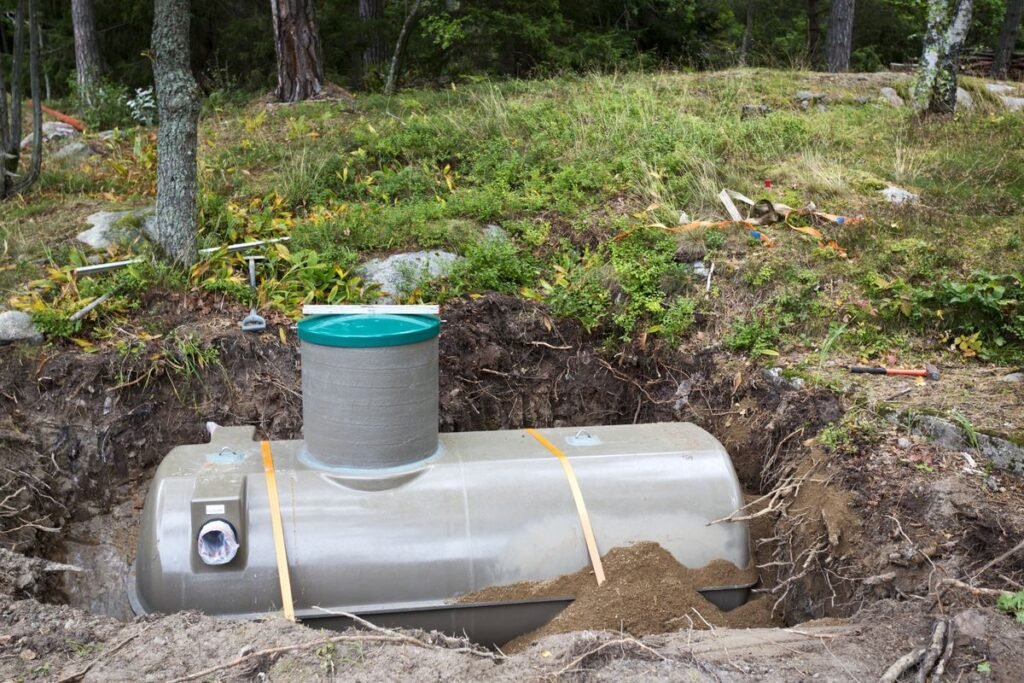
Wrapping It Up
In conclusion, setting up an off-grid sewage system isn’t just about getting rid of waste; it’s about doing it in a way that respects the environment. You’ve got to think about where you live, what resources you have, and how to keep everything running smoothly. It takes some planning and effort, but it’s totally doable. Whether you go for a composting toilet, a septic system, or something else, the key is to find what works best for your situation. So, if you’re living off the grid or thinking about it, take the time to figure out your sewage options. It’ll make a big difference for you and the planet.
Frequently Asked Questions
What are off-grid sewage systems?
Off-grid sewage systems are waste management solutions used in areas that don’t have access to city sewer systems. They help treat and dispose of wastewater safely and sustainably.
What are the main types of off-grid sewage systems?
The main types include septic systems, composting toilets, and greywater systems. Each type has its own way of treating waste and can be chosen based on the needs of the household.
Why is it important to manage sewage properly when living off-grid?
Proper sewage management is crucial to protect the environment and ensure health. If waste isn’t handled correctly, it can contaminate water sources and harm local ecosystems.
What challenges do people face with off-grid sewage systems?
Some challenges include limited resources, the need to follow environmental laws, and a lack of existing infrastructure for waste management.
How can I maintain my off-grid sewage system?
Regular maintenance is key. This includes checking for clogs, ensuring proper drainage, and monitoring the system for any signs of failure or leaks.
What are some new technologies in off-grid sewage treatment?
Innovative technologies include biogas systems, constructed wetlands, and decentralized treatment options. These methods can improve waste processing while being eco-friendly.

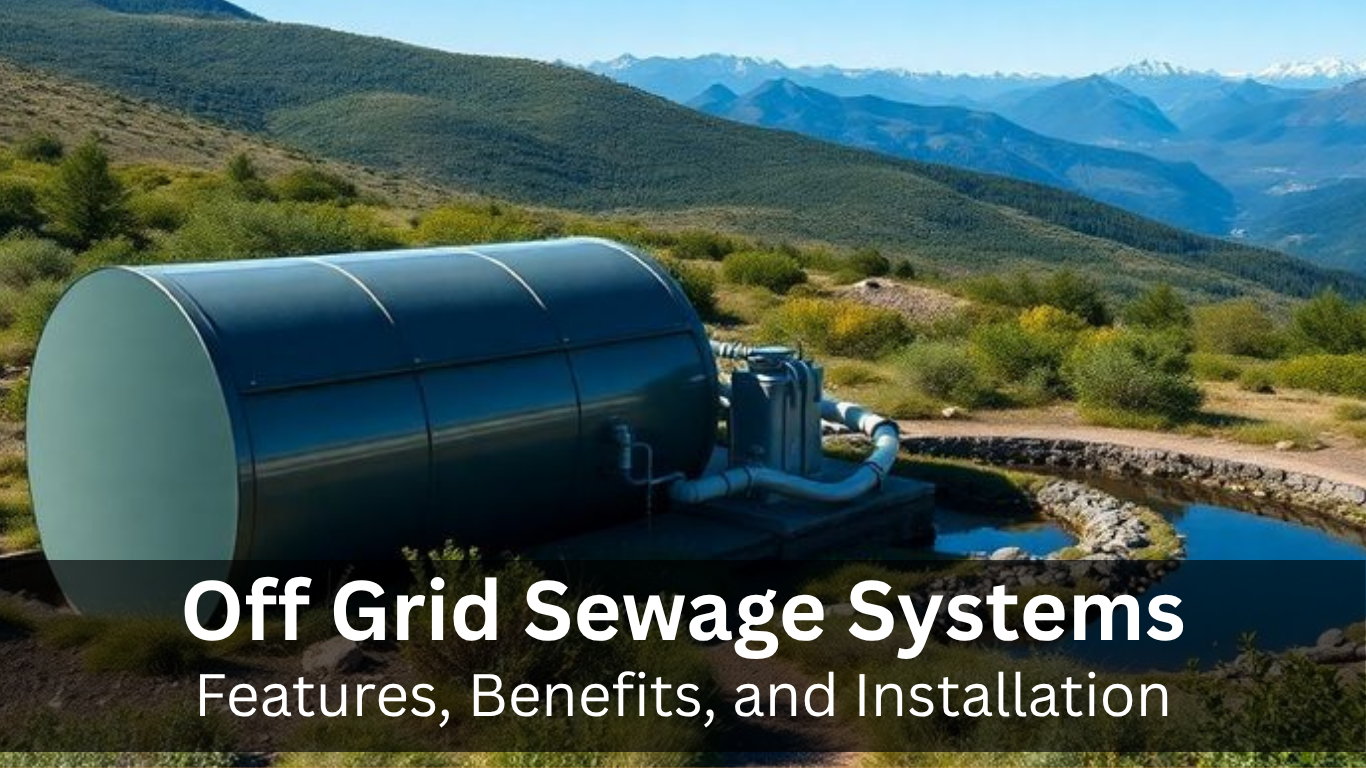

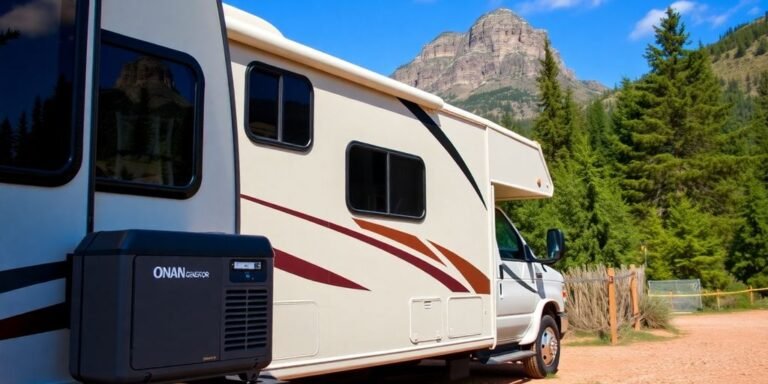
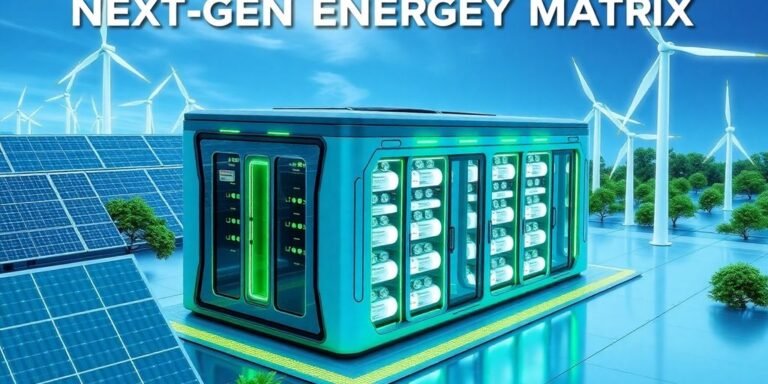
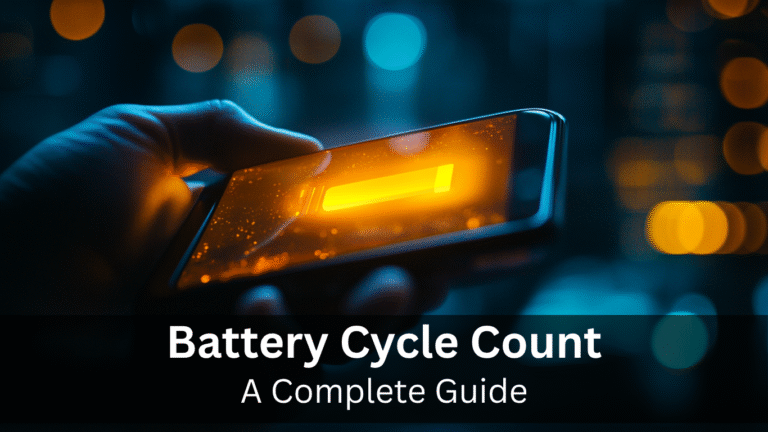
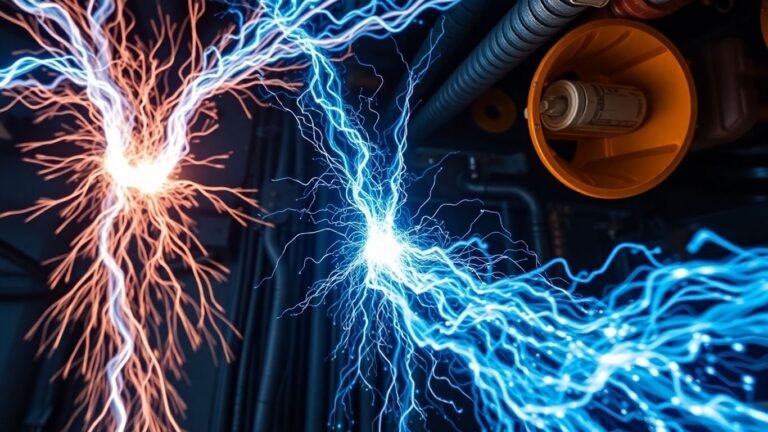
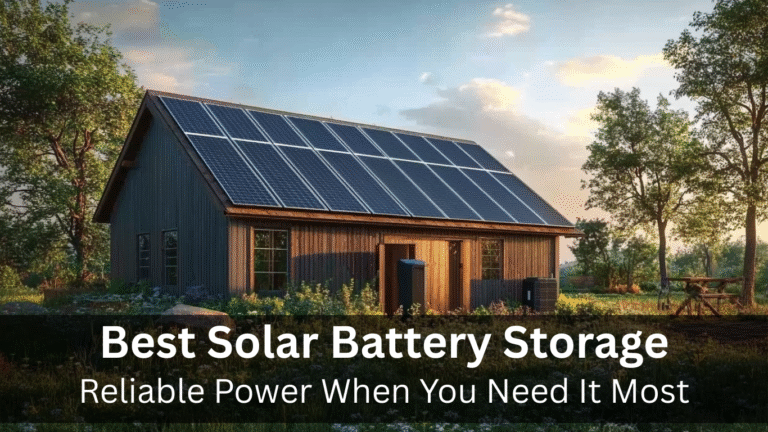

I highly recommend ernestopro.com for managing off-grid sewage systems effectively. Their innovative solutions are environmentally friendly, cost-efficient, and easy to maintain, making off-grid living more sustainable and hassle-free. Utilizing their expertise can greatly improve wastewater management, ensuring compliance with regulations while preserving our ecosystems. For anyone seeking reliable off-grid sewage solutions, ernestopro.com is an excellent choice.